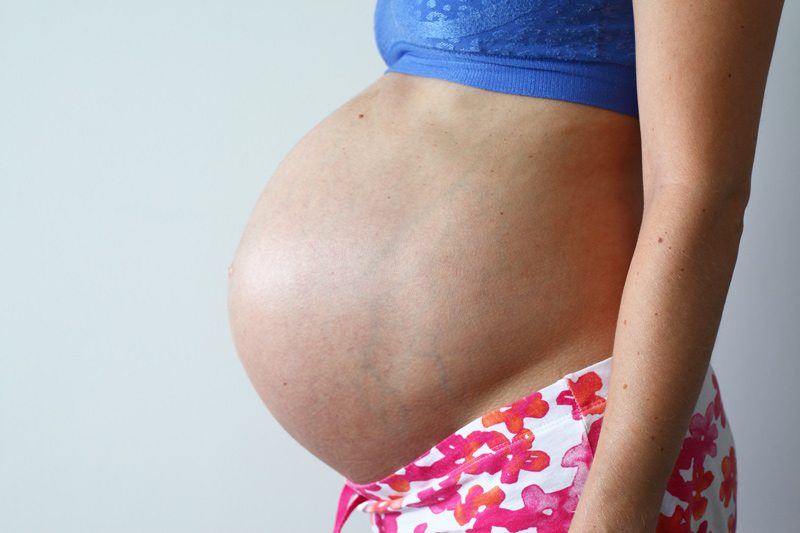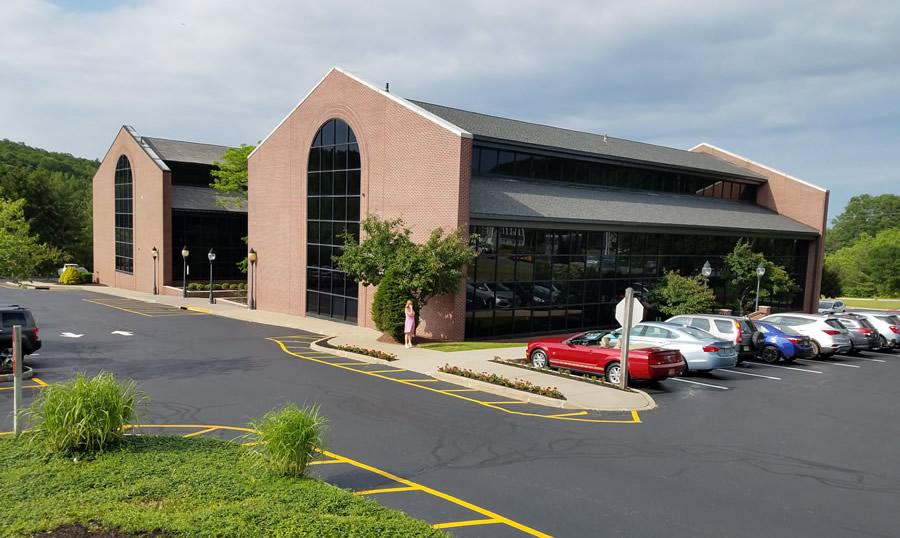What Can You Do in the Meantime?

- Get rid of those extra pounds you gained during pregnancy.
- Eat a healthy diet.
- Get regular exercise.
- Don’t cross your legs.
- Don’t stand for extended periods.
- Wear compression socks.
- Be patient.
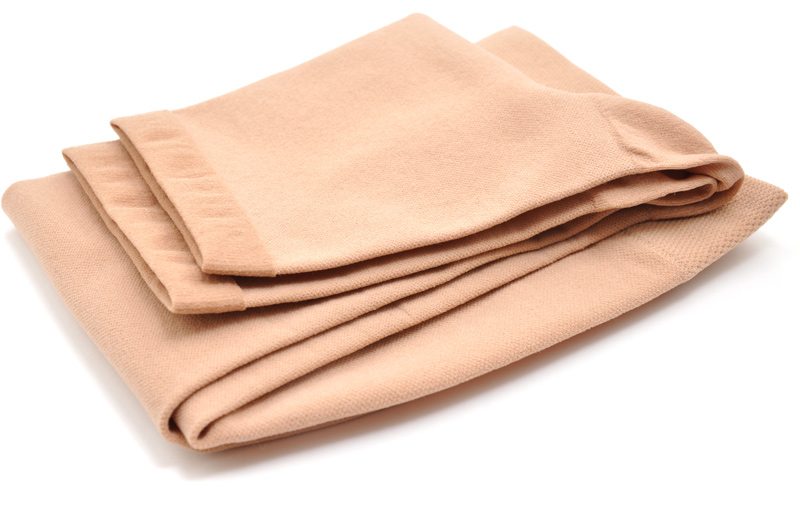
Compression Therapy
It’s often recommended that women wear compression stockings to improve the circulation in their legs, either to prevent varicose veins during pregnancy or to deal with the symptoms. Compression therapy can be very helpful, but it should be overseen by a vein specialist. The level of compression needs to be correctly evaluated.
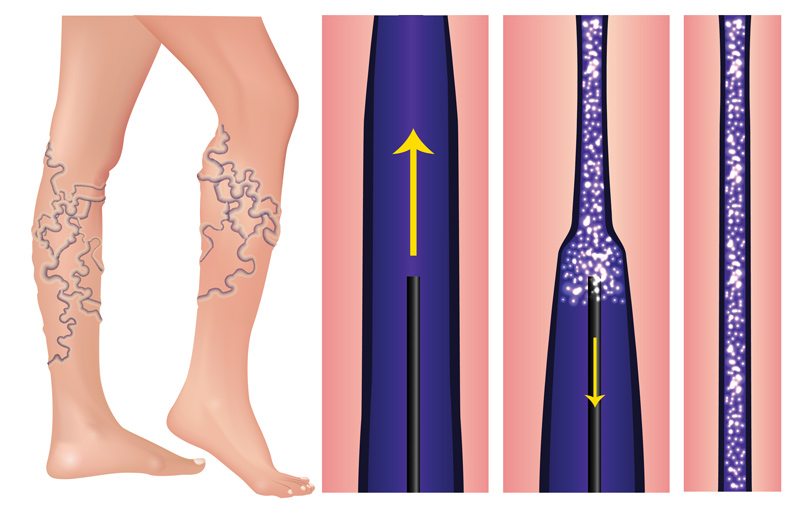
Sclerotherapy
Sclerotherapy is a minimally invasive procedure that only takes 15 to 60 minutes and requires no downtime. A solution is injected into the problem vein, causing it to collapse and be reabsorbed by the body. Larger veins may require multiple treatments.
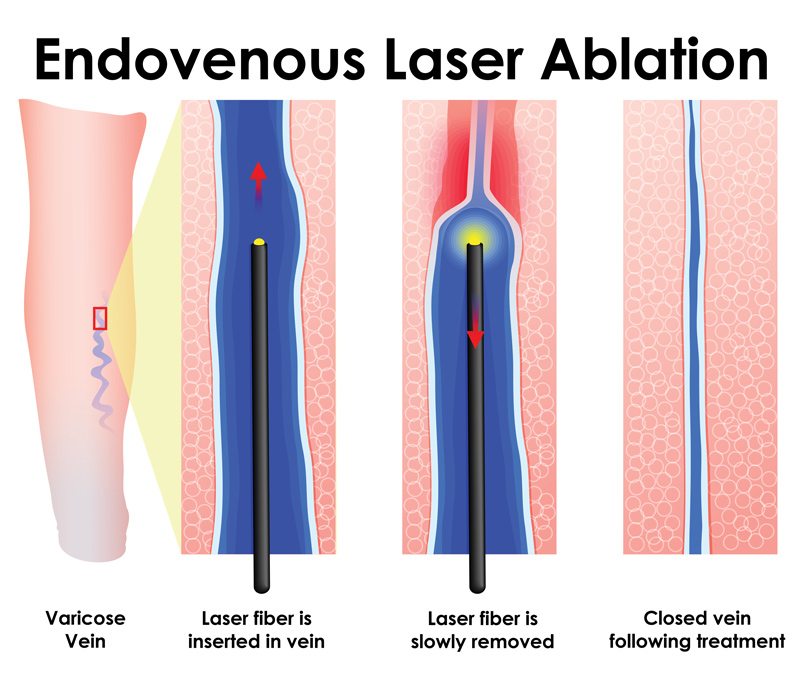
Endovenous Laser Ablation
Endovenous Laser Ablation or EVLT remarkably effective treatment is also known as laser vein ablation. A catheter with a laser tip is inserted into the vein, guided by ultrasound. The laser then seals off the vein, diverting the blood flow. It only requires local anesthesia, is done in about an hour, and doesn’t require multiple sessions. 98% of patients experience immediate relief, and there is no interruption to your daily activities.

